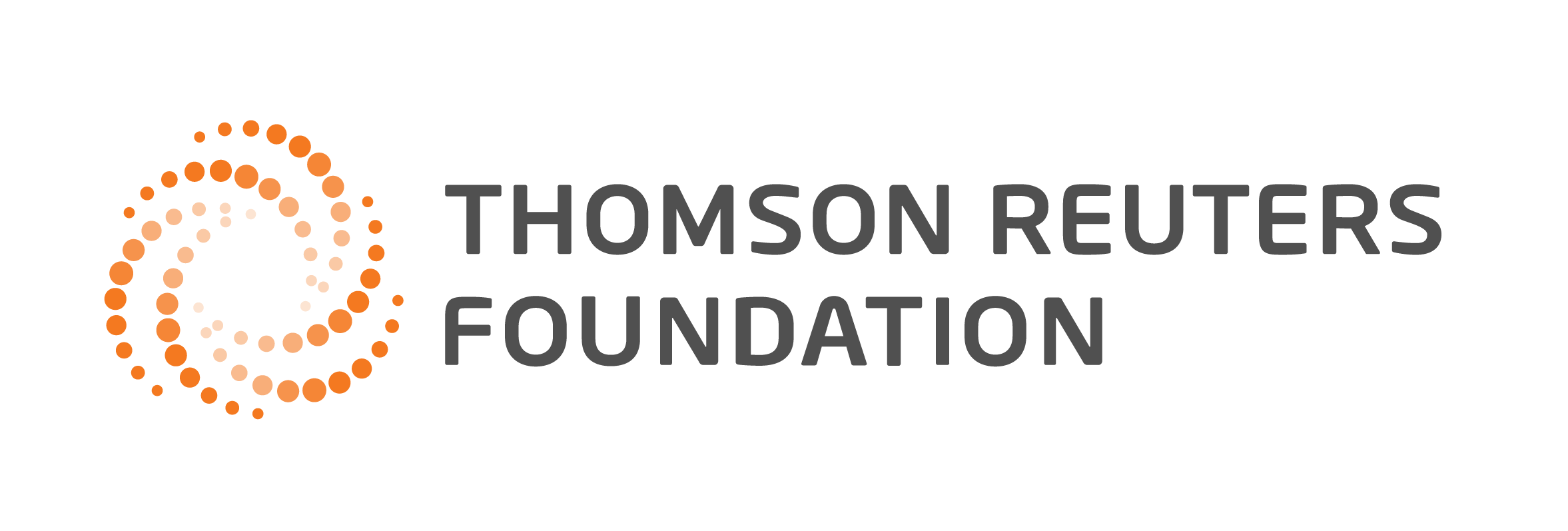So far we have assisted over 400 companies.








In this article, our colleague from Gurcan Partners İstanbul Office, Tax Advisor Özen Şahinoğlu Özdemir will mention Company Taxation in Turkey with all details.
Contents
We can explore Turkish Tax System in terms of direct-indirect classification.
The direct taxation system is based on income, earnings, and property/ownership. Taxes on income and earnings are:
An individual is subject to the personal income tax on his income and earnings while a company is subject to corporate tax on its income and earnings. Also known as income-based taxes.
So far we have assisted over 400 companies.







These taxes are also known as wealth-based taxes.
These taxes are based on expenditures.
The most common types of capital companies in Turkey are joint-stock companies (Anonim Şirket/A.Ş) and Limited liability companies (Limited Şirket/Ltd. Şti.) companies. Therefore we will focus on these type of companies’ tax issues.
Corporations with legal or business centers located in Turkey are qualified as residents and are subject to tax on their income derived in Turkey and other countries. If both the legal and business centers are not located in Turkey, then these corporations are qualified as non-residents and subject to tax only on their income derived in Turkey.
The rate for corporate income tax is 22% for the FYs 2018a and 2019 which was 20 % before.
Resident and non-resident entities that have a permanent establishment in Turkey are obliged to file annual corporate income tax and quarterly advance corporate income tax.
Under the Turkish tax system, certain taxes are collected via withholding such as:
Dividend distributions to individual and non-resident corporate shareholders are subject to the withholding tax (WHT) at a rate of 15%.
Dividend distributions to resident entities and branches of non-resident entities are not subject to the dividend WHT. For non-resident entities operating in Turkey (such as branches, other types of permanent establishments such as permanent representatives/agents) the WHT will only be applicable on the portion of the profit that is transferred to the headquarters principal.
Payroll payments (salary payments to employees) necessitate income tax, social security premiums, and stamp tax on gross payments to employees. Income tax brackets are announced at the beginning of each year by the Ministry of Finance.
Buildings, apartments, and land owned in Turkey are subject to real estate tax ranging at a rate between 0.1% and 0.6%.
Please read our article on the Buying Property in Turkey to learn more about the process and other taxes on the process of the purchasing property in Turkey.
All commercial activities such as a supply of goods or services have a value-added tax (VAT) in Turkey.
VAT rates in Turkey are %18, %8, and %1.
These rates are mentioned in VAT Law.
If the foreign entities are not tax registered in Turkey, the Turkish entity is liable to account for VAT on behalf of the foreign company (reverse charge mechanism).
The reverse charge mechanism is applied in the case where the recipient of payment (that is the service provider) is not tax registered entity in Turkey. The reverse charge mechanism is not applicable for the delivery of the goods; the importer will be liable to pay import VAT. Note that only tax registered companies can import goods into Turkey.
According to Stamp Duty Law, if legal documents signed in Turkey, or signed abroad but the beneficial interest of the parties exist in Turkey stamp duty arises.
Stamp duty ranges from 0.189% to 0.948% or is collected as a fixed price (a pre-determined price) for some documents.
There are four main product groups that are subject to SCT at different tax rates;
Banking and insurance company transactions exempt from VAT but they are subject to a Banking and Insurance Transaction Tax. Although the general rate is 5%, some transactions, such as interest on deposit transactions between banks, are taxed at 1%.
There are also significant transfer pricing risks about related party transactions and it will be necessary to feel safe that related party transactions are undertaken on an arm’s length basis.
Based on the Turkish Tax Procedural Code, companies who keep their records according to the balance sheet method should prepare legal boOks below, and these books are subject to public notary certification:
Legal books must be kept:
Legal books should be printed as hard copies if the company is not registered via e-invoicing/e-ledger procedure.